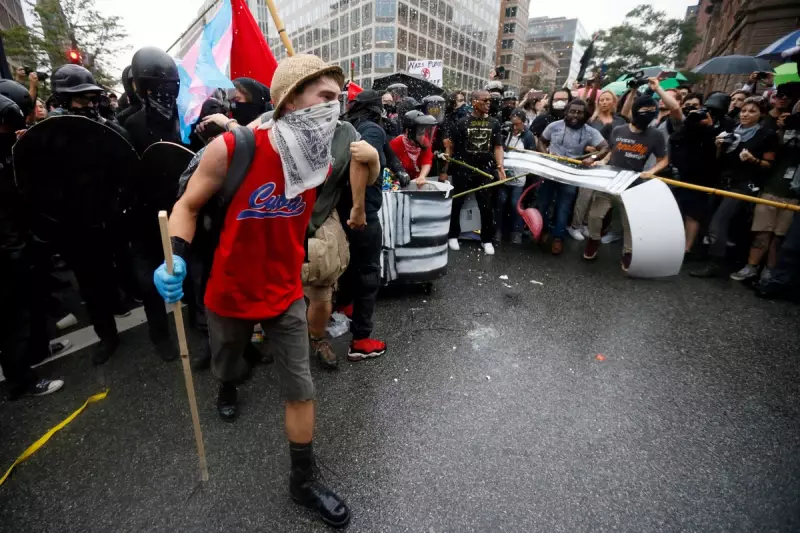
In the heated landscape of American politics, few terms generate as much controversy as "Antifa." This loose-knit movement has found itself at the centre of intense political debate, particularly after former President Donald Trump's administration moved to designate it as a terrorist organisation.
What Exactly is Antifa?
Unlike traditional organisations with formal membership structures, Antifa operates as a decentralised network of activists united by their opposition to fascism and far-right ideologies. The name itself is simply shorthand for "anti-fascist," drawing from a long historical tradition of resisting authoritarian movements.
The movement lacks central leadership, official membership rolls, or designated spokespeople, making it fundamentally different from the structured organisations typically designated as terrorist groups.
The Political Firestorm
The controversy reached fever pitch during the Trump administration, which sought to classify Antifa as a domestic terrorist organisation following clashes at various protests. This unprecedented move sparked intense debate about civil liberties, free speech, and the very definition of terrorism.
Critics of the designation argue that it represents a dangerous politicisation of counter-terrorism resources and could potentially criminalise political dissent. Supporters, however, point to instances of violence at protests as justification for the label.
A Movement Without Borders
Antifa's philosophy and tactics have roots stretching back to 1930s Germany, where activists organised against the rising Nazi party. Today's iteration represents a modern adaptation of these anti-fascist principles, though its methods and composition have evolved significantly.
The movement typically emerges in response to far-right gatherings and white supremacist rallies, where members often confront demonstrators directly while advocating for racial equality and social justice.
The Legal and Ethical Dilemma
Legal experts have raised significant concerns about designating Antifa as a terrorist organisation. Without a formal structure, clear membership, or specific leadership, applying traditional counter-terrorism frameworks presents substantial constitutional challenges.
Furthermore, the debate touches on fundamental questions about how democracies should balance security concerns with the protection of political speech and assembly rights.
As political tensions continue to simmer, the controversy surrounding Antifa shows no signs of abating. The movement remains a flashpoint in broader cultural wars, representing deeper divisions about the nature of protest, the limits of free speech, and how societies should confront extremist ideologies.






